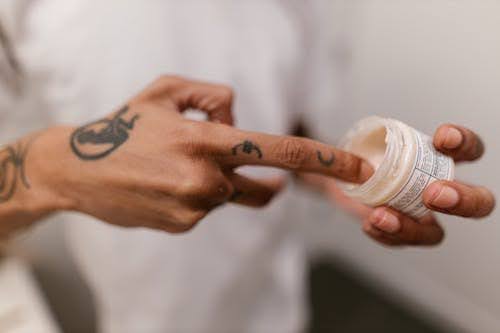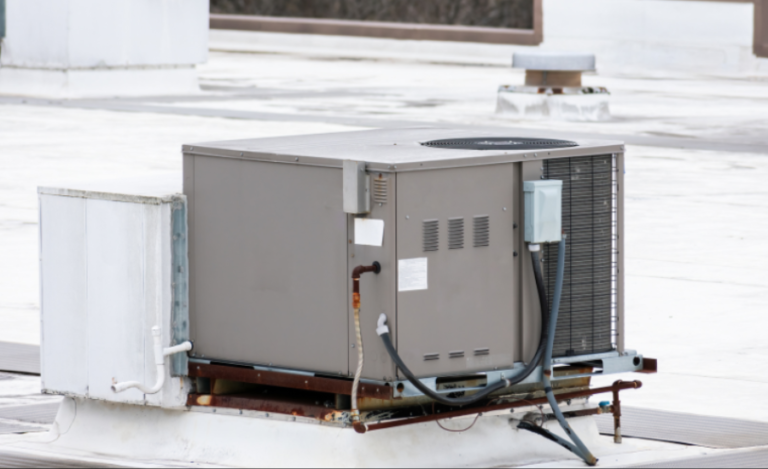The Ultimate Guide to Tattoo Aftercare: Why Tattoo Care Cream Matters
In recent years, tattooing has become very popular. It went from being an insignificant form of art to an important means of self-expression. Though a lot of people are willing to have nice-looking ink on their skin, the necessity for tattoo aftercare is usually undervalued. Learning how to take care of your tattoo is very important not only to preserve the artwork but, more importantly, to keep care of your skin. Tattoo aftercare products like tattoo care cream contain components that help in healing and protecting the design and are among the most important activities under aftercare.
Tattoo Aftercare – What Point Should Be Noted?
When a tattoo is inked, the upper layer of the skin is punctured with ink, and that’s why there is swelling, redness and tenderness for a number of days after this procedure. The process of healing happens in stages, usually beginning with scabby and peeling of skin. This is a normal healing process but should be controlled by applying tattoo care cream in order to prevent more issues from arising, like infection or fading.
Aftercare’s Impact on the Life of a Tattoo
Proper aftercare is not only important for the immediate healing of the tattoo but also for its long-term preservation. Failure to consider aftercare practices will make a tattoo look pale and old in due course, and, therefore, the beautifully designed and colourful images will lose some of their important features. Furthermore, employing poor aftercare practices may lead to complications like infections or too much scarring, which will change the appearance of the tattoo for good.
Aftercare: Key Areas Of Focus
Basic Aftercare Practices
Immediately after a tattoo has been made, certain measures, also referred to as aftercare, require strict adherence. Some of these guidelines include firstly washing the new tattoo with mild soap and water, and after, it ought to be covered by a remediation film or a bandage. During the first few weeks, drowning the tattoo site in water, such as bathing or swimming in a pool, should not be done, and the area should also be protected from the sun.
The Benefit of Hydration
Moisturising the skin is one of the most paramount factors in aftercare treatment. At this point, tattoo care cream becomes crucial. The application of a proper cream prevents the development and sustains the moisture of the affected area, which is quite helpful in controlling the problem of itching. While such moisturization should be carried out during the course of healing, it serves to enhance the skincare routine and improve the conditions of the recently drawn tattoo by preventing excessive dryness and shrinking of the skin.
Why Do You Need Tattoo Aftercare Products?
Tattoo Care Cream Details
Tattoo care creams work to heal the skin that has just been tattooed. It is normal for these creams to combine several nutrients to hydrate, anti-inflammation, and regenerate the collagen. These include shea butter, aloe vera, and a range of vitamins with healing effects that are appropriate for aftercare.
Frequent Blunders During Tattoo After Treatment
Over-Moisturized Tattoo Area vs Less Moisturize
Moisturizing was considered to be good for the healing of a tattooed area; nevertheless, some people take it to extremes. Sure, hydration is important, but drowning one’s skin with cream is bound to leave the skin clogged with cream on top, resulting in irritable skin. On the other hand, lack of moisture is likely to make the skin dry or dehydrated, thus creating a potential risk of having the tattoo damaged. Moderation, where tattoos are concerned, is the most important.
Long-Term Tattoo Care
Tattoo care does not stop after the last touch is given and the tattoo has healed. When some older tattoos start to fade, using tattoo care creams regularly can also help prolong the appearance of the existing tattoos. Still, hydration is important, especially in old age, as skin will no longer be as moist as it was when one was young.
Seasonal Differences
The weather can also affect the aftercare of the tattoo. Cold, dry air in the winter, for example, would cause more dryness to the skin. You may want to include these changes in your aftercare routine so that regardless of the weather conditions, your tattoo will still look its best, even during the winter season.
Ending Note
Tattoo healing procedures are significant and should be taken seriously by all tattooed people. Tattooing is an exciting process; however, it does not end with getting the idea and making the tattoo. Complying with proper aftercare also helps promote skin cleanliness and prolongs the duration of tattoo detox. These right injections are critical in preserving the overall aesthetics of the particular part of desire–the tattoo. A person does not only need a great tattooist and a creative design; they also have to have some patience and take care of the tattooing area.





